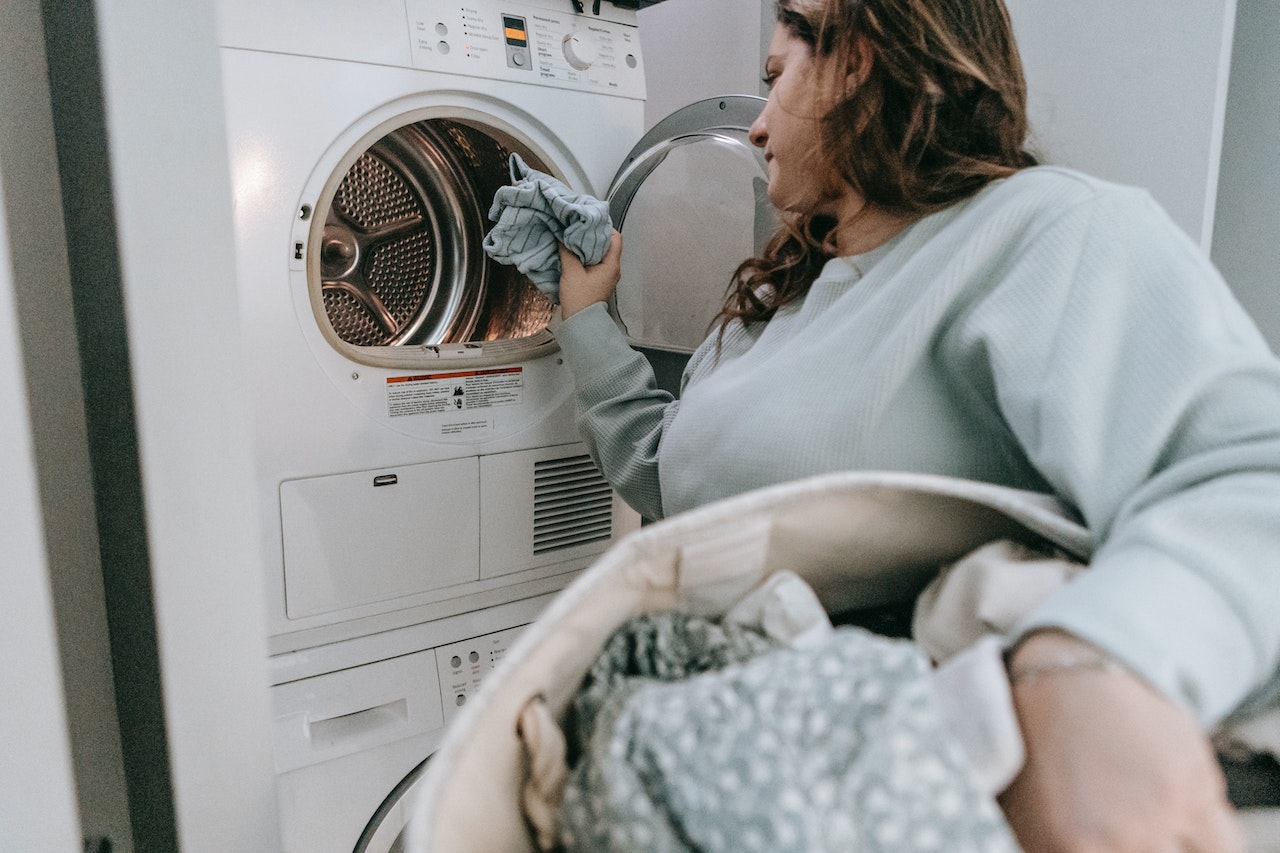
Can You Use Shampoo as Laundry Detergent in a Washing Machine
Can you use shampoo as laundry detergent in a washing machine? It’s a question that may have crossed your mind when you found yourself in a pinch without any laundry detergent on hand. While shampoo and laundry detergent may seem similar in terms of their cleaning properties, they are actually formulated for different purposes.
Shampoo is specifically designed to clean hair and scalp, removing oil, dirt, and product buildup. On the other hand, laundry detergent is formulated to tackle tough stains and odors on fabrics. The ingredients and concentrations in these two products differ significantly.
Using shampoo as a substitute for laundry detergent in a washing machine is not recommended. Shampoo may not be effective at breaking down stains or removing grime from clothing as efficiently as dedicated laundry detergents. Additionally, some shampoos contain ingredients that could potentially damage or discolor certain fabrics.
Types of Shampoo Suitable for Laundry
When it comes to using shampoo as a laundry detergent in a washing machine, not all shampoos are created equal. While some shampoos may work well for this purpose, others can leave behind residue or cause damage to your clothes. Here are a few types of shampoo that are generally considered suitable for laundry:
- Mild and Gentle Shampoos: Opting for mild and gentle shampoos is usually a good choice when using them as an alternative to laundry detergent. These shampoos are designed to be gentle on the scalp and hair, which means they are less likely to contain harsh chemicals that could harm your fabrics.
- Baby Shampoos: Baby shampoos are another option worth considering. As they are formulated with delicate baby skin in mind, these shampoos tend to be milder and less likely to cause irritation or damage to fabrics. They often have hypoallergenic properties, making them suitable for those with sensitive skin.
- Natural and Organic Shampoos: If you prefer environmentally friendly options, natural and organic shampoos can be used as an alternative laundry detergent. These shampoos typically contain fewer synthetic ingredients and chemicals, which reduces the risk of leaving behind residue on your clothes.
- Clear or Colorless Shampoos: When selecting shampoo for laundry purposes, it’s best to choose clear or colorless formulas rather than highly pigmented ones. This helps minimize the chances of staining or discoloration on your garments during the washing process.
- Fragrance-Free Shampoos: While scented shampoos may leave your hair smelling fresh and lovely, they may not be ideal for use as laundry detergent substitutes due to potential fragrance transfer onto clothing items. Opting for fragrance-free shampoos ensures that no unwanted scents linger on your freshly washed clothes.
Remember, before using shampoo as a substitute for laundry detergent, it’s essential to consider the specific needs of your clothes and washing machine. It’s worth conducting a patch test on a small, inconspicuous area of fabric to ensure compatibility and minimize any potential risks or adverse effects.
How to Use Shampoo as Laundry Detergent
So, you’re wondering if you can use shampoo as laundry detergent in a washing machine? Well, let’s dive into this interesting topic and explore the possibilities. While it may be tempting to think that shampoo could work as an alternative to laundry detergent, there are a few things you should consider before tossing your favorite hair cleanser into the washing machine.
- Dilution is key: If you decide to give shampoo a try as a laundry detergent substitute, remember that it needs to be diluted properly. Mix about 1 tablespoon of shampoo with water in a cup or small container before adding it to your washing machine. This step helps ensure that the concentration is appropriate for cleaning clothes effectively.
- Check the ingredients: Not all shampoos are created equal when it comes to their suitability for laundry purposes. Some shampoos contain oils or conditioning agents that could leave residue on your clothes or even damage them. Look for a basic, mild shampoo without any added extras like silicones or heavy fragrances.
- Test on small loads: Before using shampoo on your entire load of laundry, start with smaller batches or individual items to see how they react. This way, if any unexpected outcomes occur, such as color fading or fabric damage, they will be limited in scope.
- Consider fabric types: Different fabrics have different requirements for care and cleaning. Shampoo might work well on some materials but not so well on others. Delicate fabrics like silk or wool may need specialized detergents designed specifically for their unique properties.
- Don’t rely solely on shampoo: While shampoo might suffice in emergency situations where regular detergent is unavailable, it’s best not to make it a long-term solution for all your laundry needs. Laundry detergents are formulated with specific enzymes and surfactants tailored for removing stains and dirt from clothing fibers efficiently.
In conclusion (oops, I mean in summary), while shampoo can be used as a temporary substitute for laundry detergent in a pinch, it’s not the ideal long-term solution. Remember to dilute it properly, check the ingredients, and test it on small loads before committing to using shampoo for your entire laundry routine.






